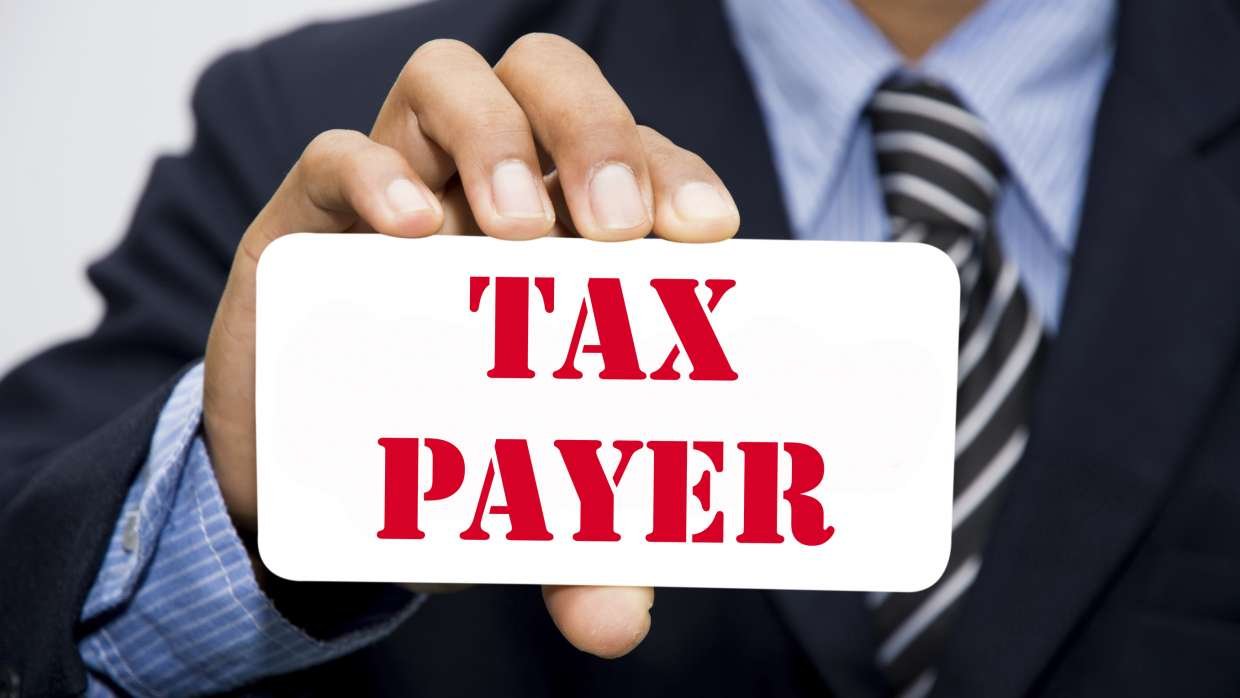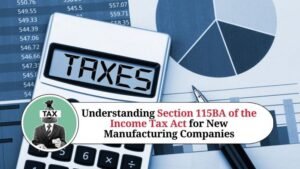Section 119A of the Income Tax Act introduces a Taxpayer’s Charter to reinforce transparency, efficiency, and fairness in India’s tax administration. The Taxpayer’s Charter, empowered by the Central Board of Direct Taxes (CBDT), serves as a bridge to establish mutual trust and respect between taxpayers and tax authorities, assuring citizens of fair treatment, privacy, and accountability. Introduced through the Finance Act, 2020, the Taxpayer’s Charter reflects the government’s commitment to creating an equitable tax environment. Here’s a comprehensive guide to understanding Section 119A and the Taxpayer’s Charter.
Introduction to Section 119A of the Income Tax Act
Enacted by the Finance Act, 2020 (effective from April 1, 2020), Section 119A empowers the CBDT to declare and adopt a Taxpayer’s Charter. This Charter gives CBDT the authority to provide instructions, directions, and guidance to income-tax authorities to administer tax laws fairly. In her Budget Speech 2020, Finance Minister Nirmala Sitharaman emphasized the importance of a taxpayer-focused tax system to inspire trust and promote “Ease of Living,” setting the stage for Section 119A.
Objectives Behind the Taxpayer’s Charter
The purpose of the Taxpayer’s Charter is multi-faceted:
- To reduce taxpayer harassment and foster a transparent tax system.
- To enhance taxpayer rights and establish clear guidelines for tax administration.
- To assure taxpayers of fair and efficient handling of their tax matters.

Key Highlights from the Finance Minister’s 2020 Budget Speech
In her Budget Speech 2020, Finance Minister Nirmala Sitharaman highlighted the need for a taxpayer-friendly tax system, introducing Section 119A as a way to build trust. She noted that fairness and efficiency in tax administration are crucial to ensure “Ease of Living” for every citizen. This Charter seeks to protect and honor taxpayer rights while promoting a responsible approach to tax compliance.
Three Pillars of the Taxpayer’s Charter:
- Transparency – Reducing any instances of harassment.
- Accountability – Building a trustworthy relationship between tax administration and taxpayers.
- Efficiency – Treating taxpayers with respect and assuming their honesty.
The Taxpayer’s Charter: Commitments and Expectations
The Taxpayer’s Charter, issued on August 13, 2020, details commitments to taxpayers and expects reciprocal compliance. These guiding principles aim to protect taxpayers’ rights and outline the responsibilities of both tax authorities and taxpayers. Here’s an in-depth look at the Charter’s commitments and expectations.
Commitments to Taxpayers by the Income Tax Department
- Fair and Courteous Treatment
The Income Tax Department promises professional, courteous, and prompt service in interactions with taxpayers. - Assumption of Honesty
Every taxpayer is treated as honest unless proven otherwise, respecting the trust between the taxpayer and the department. - Appeal and Review Mechanism
The department offers a fair and impartial system for appeals and reviews, ensuring an unbiased process. - Complete and Accurate Information
Taxpayers will be provided with accurate information to meet compliance requirements. - Timely Decisions
All proceedings are to be concluded within a reasonable timeframe as prescribed under the law. - Correct Tax Collection
The department will collect only the tax amount legally due and refrain from arbitrary or excessive assessments. - Respect for Privacy
Due processes of law will be followed, with minimal intrusion in tax inquiries or investigations. - Confidentiality
Taxpayer information will be held in strict confidence and disclosed only as authorized by law. - Accountability of Authorities
Income-tax authorities will be held accountable for their actions to ensure fairness in administration. - Representation Choice
Taxpayers have the right to choose an authorized representative for any dealings with the department. - Complaint Mechanism
A system is available for lodging and promptly addressing taxpayer complaints. - Fair and Just System
An impartial system is in place to resolve tax-related issues in a timely manner. - Published Service Standards
Service delivery standards are published and periodically reported for transparency. - Reduced Compliance Costs
The department seeks to reduce compliance costs, considering the burden on taxpayers in tax litigation.
Expectations from Taxpayers
The Charter not only protects taxpayer rights but also lays out responsibilities:
- Honest Disclosure
Taxpayers are expected to provide complete and accurate information and meet compliance obligations. - Compliance Awareness
Taxpayers should understand their obligations and consult the department for guidance when needed. - Record Keeping
Maintaining accurate records is essential for meeting compliance requirements. - Knowledge of Representation
Taxpayers must stay informed about the actions taken by their authorized representatives. - Timely Responses
Submission of information and compliance with deadlines is expected. - Timely Payment of Taxes
Taxpayers should pay their taxes within prescribed deadlines.
Taxpayer’s Charter Cell: Addressing Compliance and Concerns
For taxpayers needing guidance or experiencing challenges in compliance, the Taxpayer’s Charter Cell, under the Principal Chief Commissioner of Income Tax in each zone, has been established. This cell handles compliance-related concerns, ensuring adherence to the Charter’s principles.
Judicial Observations on Fair Tax Administration
The judiciary has also highlighted the need for fairness and transparency in tax administration, reflecting the ethos of the Taxpayer’s Charter:
- Fairness in Quasi-Judicial Functions
The tax authorities, in their quasi-judicial roles, are bound to act fairly. For instance, if a taxpayer mistakenly includes exempt income in their self-assessment, the Assessing Officer is duty-bound to provide relief, even if a revised return was not filed. - Genuineness of Documents
Tax authorities are allowed to verify the authenticity of documents such as wills or agreements submitted by taxpayers. This helps ensure that tax claims are genuine and substantiated by primary facts
FAQs on Section 119A and the Taxpayer’s Charter
1. What is the Taxpayer’s Charter under Section 119A of the Income Tax Act?
The Taxpayer’s Charter is a comprehensive declaration that sets forth the rights of taxpayers and the commitments of the Income Tax Department, promoting a fair, transparent, and respectful tax administration.
2. When was the Taxpayer’s Charter introduced?
The Taxpayer’s Charter was introduced by the Finance Act, 2020, and took effect on April 1, 2020.
3. What commitments does the Taxpayer’s Charter make to taxpayers?
The Charter commits to fair treatment, respect for privacy, confidentiality, accurate information, accountability, timely decision-making, and reduced compliance costs.
4. How does the Taxpayer’s Charter Cell help taxpayers?
The Taxpayer’s Charter Cell, located under the Principal Chief Commissioner of Income Tax in each zone, addresses compliance issues and ensures the Charter’s principles are upheld.
5. Where can I learn more about my rights under the Taxpayer’s Charter?
You can visit the Income Tax Department’s official website here for detailed information about the Charter
Conclusion: A Step Towards Trust and Transparency in Taxation
The Taxpayer’s Charter under Section 119A marks a milestone in India’s tax administration by codifying taxpayer rights and responsibilities. By prioritizing transparency, accountability, and efficiency, this Charter aims to foster a collaborative relationship between taxpayers and authorities. It stands as a testament to the government’s commitment to a fair and respectful tax environment.




